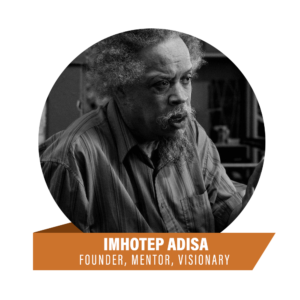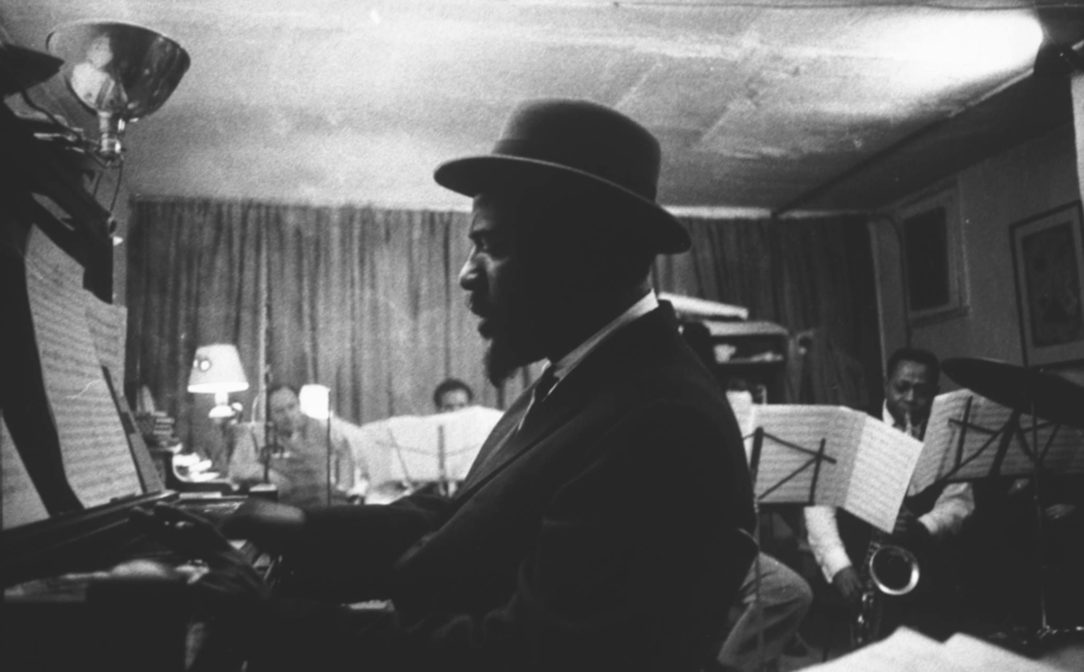“Chaos is another word for opportunity.” – I Ching
The buzz words just keep coming.
- Inclusive Growth
- Race and Equity
- Sustainability
- Social Determinants of Health
- And of course last, but not least – social innovation.
While I understand the importance of words to capture and focus our efforts, I’m challenged by the fact that often these concepts are primarily shaped and influenced by the dominant culture and institutions of power.
While it’s important for these institutions to be in the conversation because of their resource base, their ability to have scalable impact, and their responsibility, this influence often reinforces the systems we want to change.
These institutions are often homogeneous along the lines of race, gender, class and cultural values, which leads to the same old ideas repackaged and the same outcomes.
If we’re serious about real change we must take a closer look at social innovation that’s taking place at the community level and find ways to directly support those innovations with social, monetary and intellectual capital.
This support must come without the institutional constraints filtered through the same biases that will lead to the same outcomes.
In light of the pandemic challenges of the present – climate change, concentrated monetary wealth, global political instability and the resurgence of the white power movement – the need for a paradigm shift in our thinking and doing is paramount.
This moment we find ourselves in presents us with the best opportunities for change. As these old systems collapse more folks will be looking critically at their failure and be willing to look at – and possibly embrace – new ways of living and being.
What can we do?
While the following statements may appear to be small and too pragmatic, they are a critical set of first steps in creating the future we want to see:
- Become a systems thinker (see resources below)
- Diversify your circle of associates
- Read (a lost art form, suggested reading below)
- Be courageous and support courageous leadership. If you want to see change, you have to be willing to take steps to bring it about. If you see inequity in the workplace you must be willing to address it.
- Seek first to understand and then be understood. This comes from the work of Stephen Covey (7 Habits of Highly Effective People).
- Identify a project that forces you to grow and engage directly with a challenge of interest
- Look for, share and support community initiatives that think outside the box and reflect the kind of world you want to see
Some local examples of community social innovators include:
- Urban Farming – Sharrona Moore, Lawrence Community Gardens; Tysha Ahmad, Mother Love’s Garden; Vivian Muahammad, Elephant Gardens
- Education – Ajaya Divine and Natalie Pipkin, who homeschool their children; DeAmon Harges, Learning Tree; Megan Howey Hughes, School for Community Learning; Kahlil Mwaafrika, Kheprw Institute
- Local Artists – Tatjana Rebelle, VOCAB; J Brookings; Greg Carter; Diop; Maurice Broaddus; Wildstyle, Indy Hip Hop Music; Mariah Ivey, That Peace Open Mic; Manon Voice; Chantell Massey; Ess McKee
This is not an exhaustive list. If you know of others, we’d like to highlight them in the future so please send us an email at info@kheprw.org.
At the Kheprw Institute we are launching two initiatives to support community social innovators:
Additionally I’ll be speaking on a panel about Social Innovation at the InnoPower Conference on Friday July 19 at the Indiana Convention Center. You can get a 25% discount on registration using this code SPEAKER25. Here is a link to the conference agenda (click here) and registration (click here).
Resources & References
+Accumen Course on Systems Practice
7 Habits of Highly Effective People
The Case for Reparations by Ta Nehesi Coates
The Scarlet E: Unmasking America’s Eviction Crisis; On the Media Podcast
Reconstruction: America after the Civil War, Documentary by Henry Louis Gates Jr.
About the Author

Imhotep Adisa is the Executive Director and Co-Founder of the Kheprw Institute, a non-profit organization focused on youth development in Indianapolis, IN. Over the course of 14 years, Imhotep has guided the Kheprw Institute (KI) as it has blossomed from a small mentorship program serving 5 African American high school males to a mid-size intergenerational multi-racial organization addressing and creating future-oriented solutions for myriads of community challenges: education, environment, economy and empowerment. LEARN MORE


